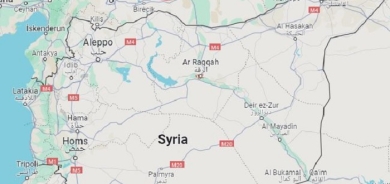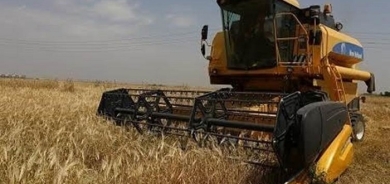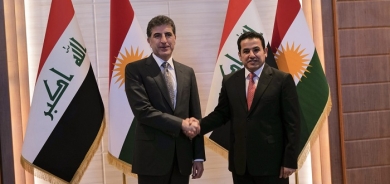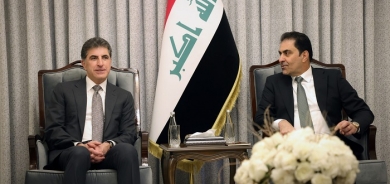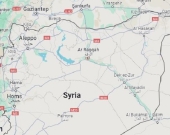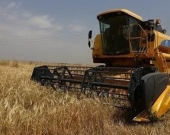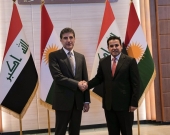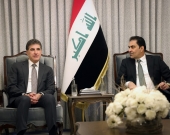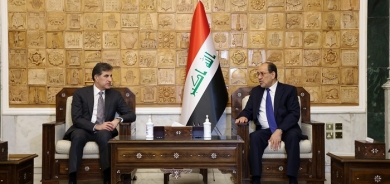Controversy mounts over newly-found gospel that claims advent of Islam
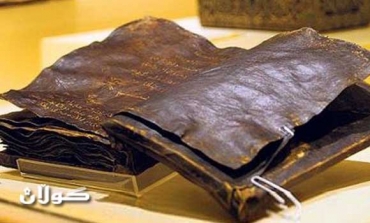
Despite speculations about the discovered text being the famous Barnabas Gospel, which foresees the advent of Islam, nothing so far confirms this hypothesis, including the Turkish newspaper Zaman.
The paper added that the Vatican did not ask for a copy of the text, but the Vatican ambassador in Ankara asked the Turkish authorities to inspect it and provide feedback on its authenticity.
Skepticism over the authenticity of the text arises from the contradictions it has with the Quran even though it recognizes Islam and Prophet Mohammed in addition to the fact that most studies say the book goes back to only 500 years ago.
These contradictions, which were the main reason why Arab scholars ignored the Arabic translation issued 100 years ago, were tackled in detail by Egyptian writer and thinker Abbas Mahmoud al-Akkad.
In an analysis he wrote on October 26, 1959 in the Egyptian newspaper al-Akhbar, Akkad said that the description of hell in Barnabas Gospel is based on relatively recent information that was not available at the time in which the text was supposedly written.
“Several of the expressions written in the gospel are ones Europeans borrowed from Arab sources,” he wrote.
Akkad added that the gospel’s account of how Jesus told a crowd of thousands about the advent of Prophet Mohammed is hard to believe.
This gospel, he explained, contains several mistakes that can be obvious to Jews, Christians, and Muslims alike.
Reading the 325-page, 231-chapter Arabic translation of the book, which can be downloaded from the internet, makes it easy to detect the contradictions to Quran it contains.
For example, the book says that there are nine heavens and that the tenth is paradise while in Quran they are seven only and claims that Virgin Mary gave birth to Jesus without any pain while the Quran story says she got labor pains.
According to the gospel, Jesus said to Jewish priests that he is not the Messiah and that the Messiah is Mohammed. This means a denial of the existence of a Messiah, who is in fact Jesus Christ, and makes Jesus and Mohammed seem like they are one and the same person.
The book also contains information that lack historical credibility like the presence of three armies, each made up of 200,000 soldiers, in Palestine whereas the entire population of Palestine 2,000 years ago did not even reach 200,000. In addition, Palestine was occupied by the Romans at the time and it is impossible that Palestine was allowed to have any army or armies of its own.
The last sentence in chapter 217 says that 100 pounds of stones were placed on Christ’s body. This confirms that the gospel was written quite recently because the first to use the pound as a unit of weight was the Ottomans in their experiments with Italy and Spain and it was never known during the time of Jesus.
Chapter 20 also stated that the cities of Jerusalem and Nazareth are sea ports.
One of the most striking facts mentioned in the book comes in Chapter 53 which says that on Judgment Day, the moon will turn into a block of blood and on the second day this blood will drip on earth like dew then on the third day stars will start fighting like warring armies.
The book recounts what will happen everyday till day 15 when “pure angels are going to die.”
According to many studies, the gospel attributed to St. Barnabas was written by a European Jew in the Middle Ages who was quite familiar with the Quran and the Gospels. He, thus, mixed facts from here and there and his intentions remain unknown.
(Al Arabiya)


